While we're on the theme of giving thanks - think about how you value access to organic, local foods and Connecticut Grown produce, and please read through this letter from Bill Duesing outlining all that CT NOFA has done this year. We are so thankful for your support, but we still need more help!
Happy Thanksgiving,
Kristiane
PO Box 164
Stevenson, CT 06491
|
You can also support us by:
|
In 2011, we:
|
In 2011 we laid a strong foundation for the future:
Our 30th Annual Winter Conference will be held on March 3, 2012 at Manchester Community College with Jeffrey Smith, author of Seeds of Deception, a best seller about the dangers of GMOs, as keynote speaker and over 40 great workshops.
We completed the first year of our Winter Food Project and will finish that work in 2012.
We have lined up exciting partnerships:
|
| CT NOFA makes efficient use of its funds. |
Why Food, Why Organic and Why Local?
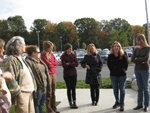
|
| Thank you for your interest in and support for local and organic food. I look forward to hearing from you and seeing you at one of our events.
Sincerely,
Bill Duesing
Executive Director, CT NOFA
|




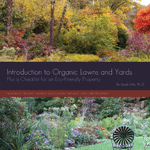



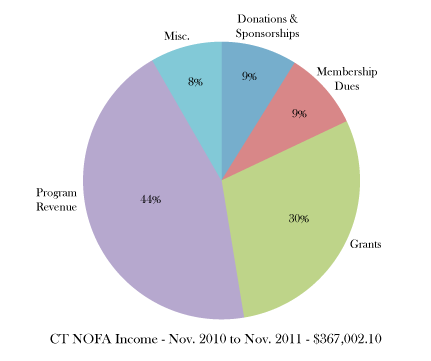

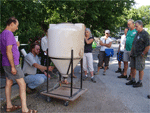
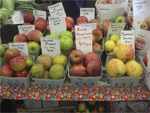
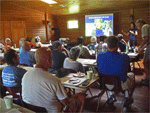
No comments:
Post a Comment